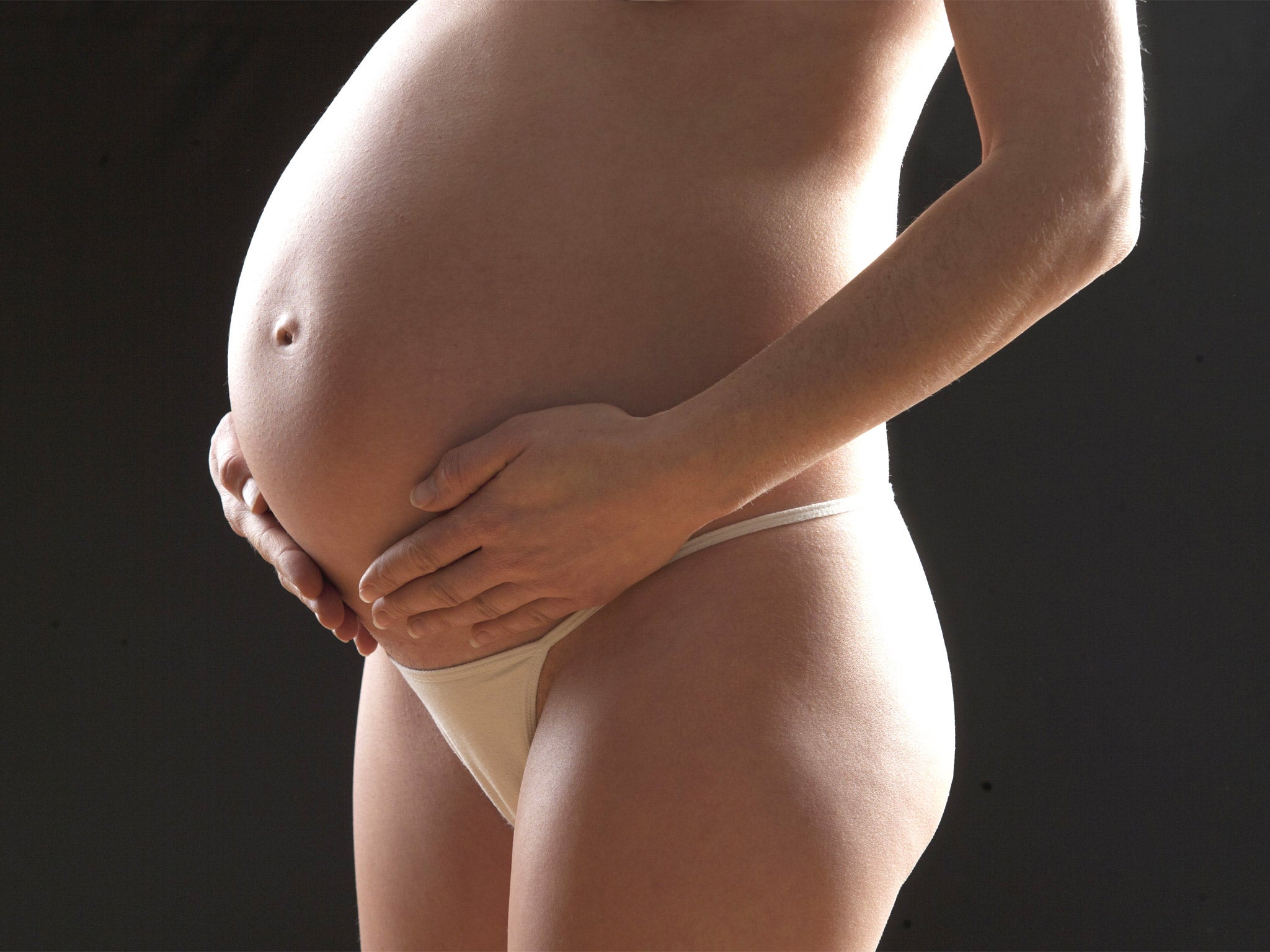Stressed women ‘30% less likely to become pregnant’

Women under stress find it harder to become pregnant compared with women who are more relaxed and have higher chances of becoming infertile, according to scientists who suggest that yoga or meditation could help would-be mothers.
Scientists found that women with the highest levels of a recognised biomarker for stress in their bodies were almost 30 per cent less likely to become pregnant each month compared to those with the lowest levels of the same stress biomarker.
The researchers also discovered women in the highest stress category were more than twice as likely to meet the clinical definition of infertility compared to others in the lowest stress group – the first time that stress has been linked with infertility in this way.
The study, published in the journal Human Reproduction, involved 373 American women between 18 and 40 whose stress levels were monitored at the start of a 12-month period when they attempted to get pregnant.
The scientists measured two stress biomarkers in the women’s saliva – the enzyme alpha-amylase and the “stress” hormone cortisol – and monitored the time it took for each to become pregnant.
There was no significant link between cortisol and how quickly a woman became pregnant, but the researchers found that the highest one-third of the women in terms of salivary amylase were 29 per cent less likely to get pregnant each month. They were also more than twice as likely to be clinically infertile than the lowest one-third.
Dr Courtney Lynch, of Ohio State University College of Medicine, said stress-reduction techniques, such as yoga or meditation, may help couples trying to have children.
Germaine Buck Louis, of the US National Institute of Child Health and Human Development, said: “Eliminating stressors before trying to become pregnant might shorten the time couples need to become pregnant in comparison to ignoring stress. The good news is that women most likely will know which stress-reduction strategy works best for them, since a one-size-fits-all solution is not likely.”
However, Dr Lynch emphasised that stress is not the only or the most important factor that can affect fertility.
“This is now the second study in which we have demonstrated that women with high levels of the stress biomarker salivary alpha-amylase have a lower probability of becoming pregnant, compared to women with low levels of this biomarker,” she said.
“For the first time, we’ve shown that this effect is potentially clinically meaningful.”
Join our commenting forum
Join thought-provoking conversations, follow other Independent readers and see their replies
Comments